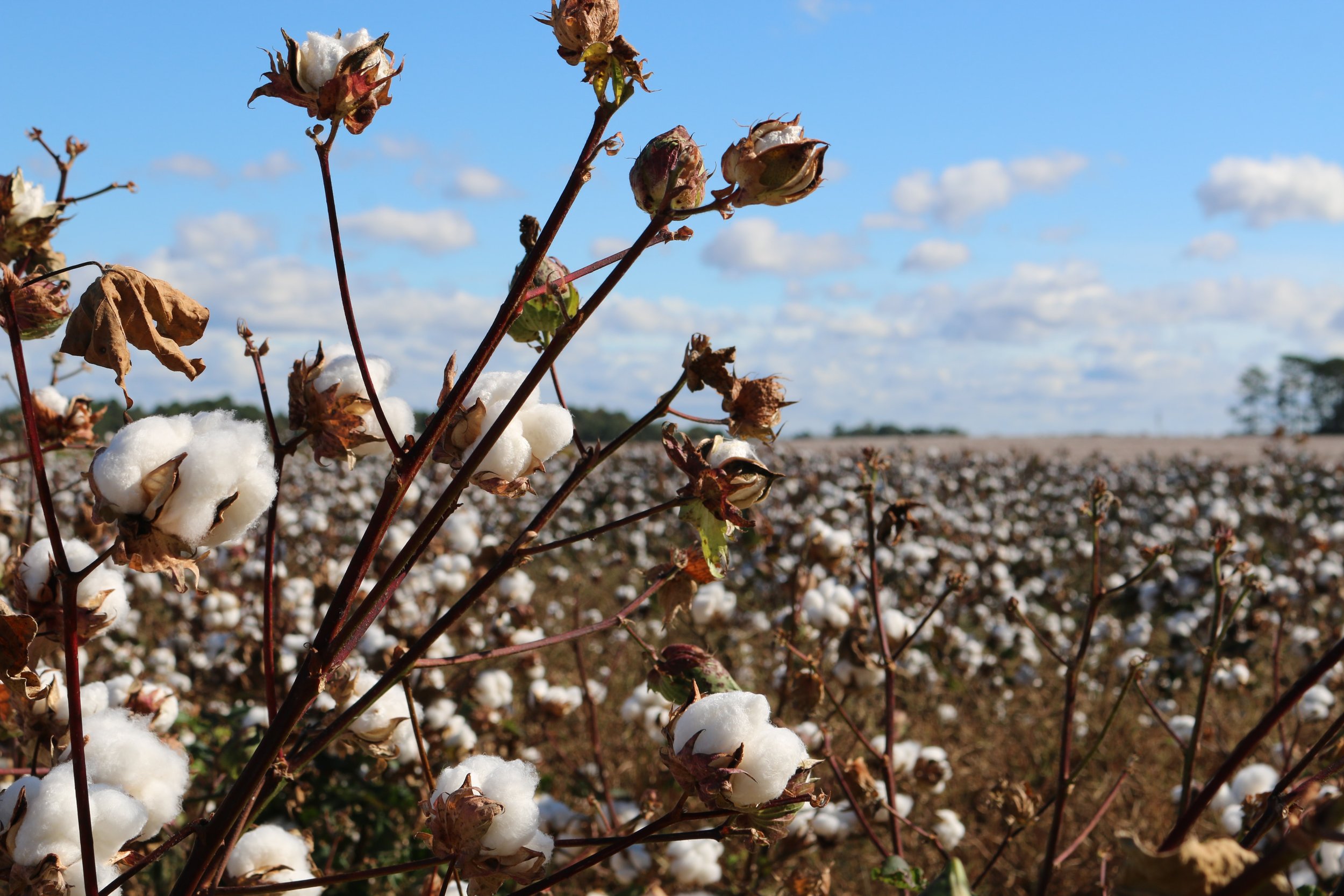Alleviating the Barriers that Separate Us
As PNWU’s Office of Diversity, Equity and Inclusion (DEI) worked to celebrate and promote Black History Month, Administrative Coordinator Isabella Braganza began sharing stories of the invaluable contributions made by African Americans across medicine and society. Her content captured eyes on displays and flyers around campus, and soon, she was pitched an idea: What about spotlighting someone from the local community?
After a few conversations and phone calls, Braganza was introduced to Ms. Ester Huey, a revered Yakima community leader and activist. Ms. Huey has dedicated her life to improving those of marginalized youth and families in Yakima County, and in doing so, has impacted the journeys of an unfathomable number of individuals.
She recently sat down down with Braganza to discuss her life’s work, including her commitment to some of Eastern Washington’s most vulnerable populations, the importance of the medical community recognizing and celebrating black history, and the work that must be done to provide equal access to equal health care for all.
Where and when were you born?
I was born February 28, 1937, to Johnny Delancy and Montzella Robinson Delancy in Altheimer, Arkansas, where they were Sharecroppers on a local plantation.
When I was nine, my mother, sister and brother became a part of the Great Migration to the North, to Yakima, Washington where my mother had acquired a job at the nuclear plant in Hanford, Washington.
What kind of work do you do in the community?
After a short career in the private sector in banking; I became employed by Yakima Valley Opportunities Industrialization Center (OIC), a non-profit social services organization. I spent the rest of my working years in in this arena providing self-help programs for impoverished people of the Yakima Valley.
I especially focused on the needs of the youth in the community who were primarily youth of color, attempting to steer them toward life success. We developed a strong youth gang prevention intervention program on the east side of Yakima, and soon I was named Director of the Yakima County Substance Abuse Coalition.
Yakima was experiencing high drug trafficking activity and was identified as the fifth largest drug pipeline on the I-5 Corridor from Mexico up to Canada. Along with this problem, Yakima’s crime rate was rising, and we began to experience high substance abuse problems. I became deeply involved in the improving the quality of life for marginalized youth and families in the city.
Since I retired, I have continued this work. Over the years I have (on my own) raised 24 children -- three of my birth children and 21 others, all of whom were high risk youth who were experiencing a myriad of problems that caused them to become, more or less, homeless.
Why is it important for the medical community to celebrate Black History?
In celebrating Black History, we all learn that part of our history points out the iniquities of healthcare for Blacks.
We learn how those iniquities caused African Americans not to practice preventive care. Economic oppression did not afford us to even receive urgent care that would have saved many lives. Various experiments practiced on African Americans, like sterilization of our females, were done when we did not even realize it; other similar experiments took place without our knowledge.
Medical professionals need to know and study those diseases that are identified as indigenous to African Americans: diabetes, kidney failure, and other diseases that we seem to experience at higher numbers.
The medical profession communities must also learn some of the social injustices that cause us not to trust the medical professionals working to alleviate some of those problems. Infant mortality, for instance: Why are our numbers so high and how can we work together to reduce those numbers? Mental health numbers are also high and special treatment designed partly based on oppressions we have experienced all of our lives must be taken into consideration as the medical professionals treat us in that area. Then there is the economic oppression that does not afford us the opportunity to get adequate medical insurance to adequately receive treatment.
As the medical community celebrates Black History, they are telling us, “We welcome you, and we want to work with you to provide equal access to equal health care for all, including preventative care.”
This year’s theme for Black History Month is “Black Health and Wellness.” What would you like people in healthcare to know about your community?
Past discriminatory practices and experiments have cause us to have a strong lack of faith in you. This causes many of us to literally wait until we are almost at death’s door before we go to a doctor; then it is too late, and we lose many lives because of this that don’t have to be lost if we would work together to eliminate this one factor.
We must have better honest and trustworthy communication between the medical practitioner and us to tear down this barrier to adequate healthcare.
We must all work together to develop polices and laws, such as affordable health care acts that open up access for all.
And finally, we must give African Americans a seat at the table where healthcare decisions are made, enabling practitioners to take into consideration the past discriminatory practices that African Americans have experienced so they can be taken into consideration when developing equitable medical services and policies.
What is something that has brought you joy this month?
For the first time I have observed a true seriousness on the part of the whole community to work together to learn about African American History. I’ve seen a desire to work together to alleviate some of the many barriers that separate us; to learn to recognize biases and develop discussions of the divisive social injustices that continue to keep the community separated and divided.
In all my years here, I have never seen the emphasis on Black History that I have seen this year.
I am very happy about this. It gives me hope that we can begin to work together to develop more opportunities for African Americans that will encourage them to remain in Yakima, or to come back after college. In the past 10 to 15 years our African American population has decreased from 16% down to 1.5%.
WE NEED LIVABLE WAGE JOBS.
This year’s Black History Celebrations have brought me a new confidence that we have turned a corner that will be beneficial and will be a joyous and serious start toward resolving some of the issues that have and continue to cause this “outstream” of our best and brightest young African American population.
“We must have better honest and trustworthy communication between the medical practitioner and us to tear down this barrier to adequate healthcare. ”

